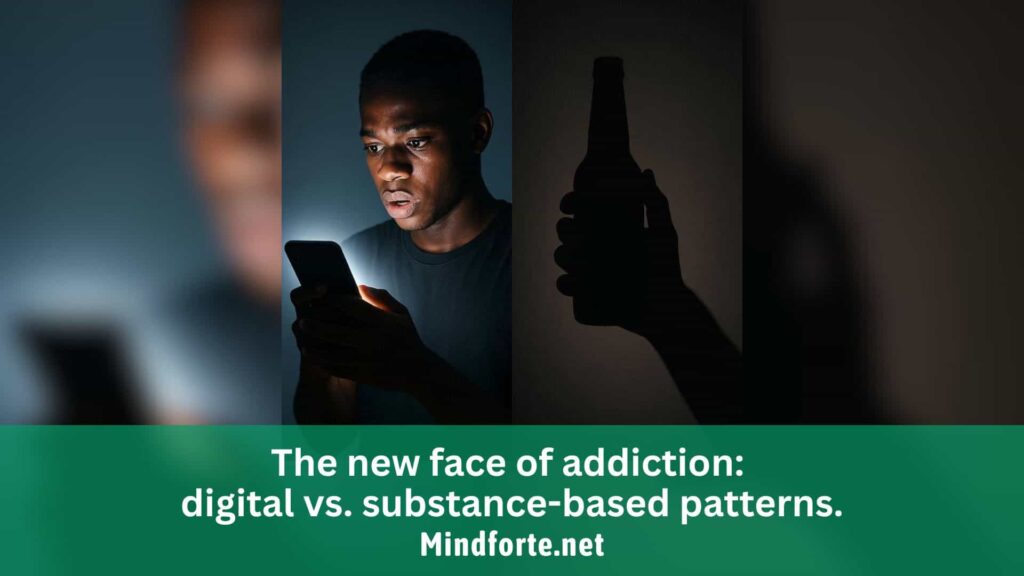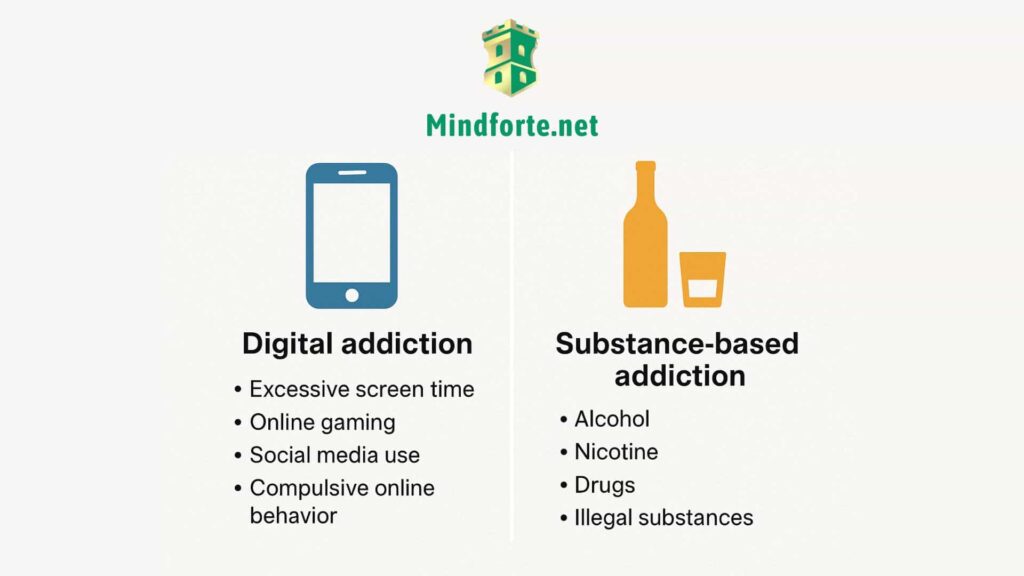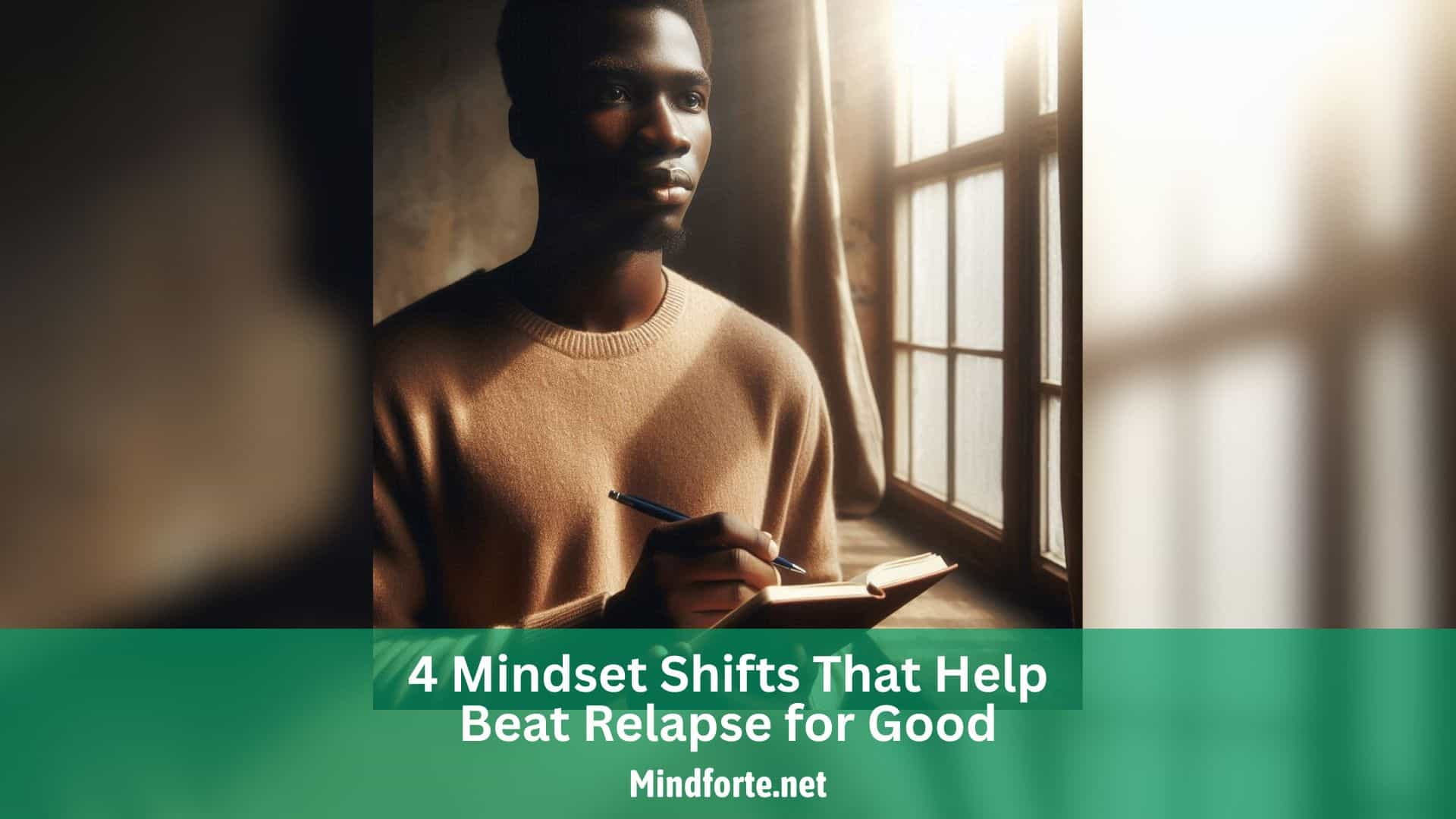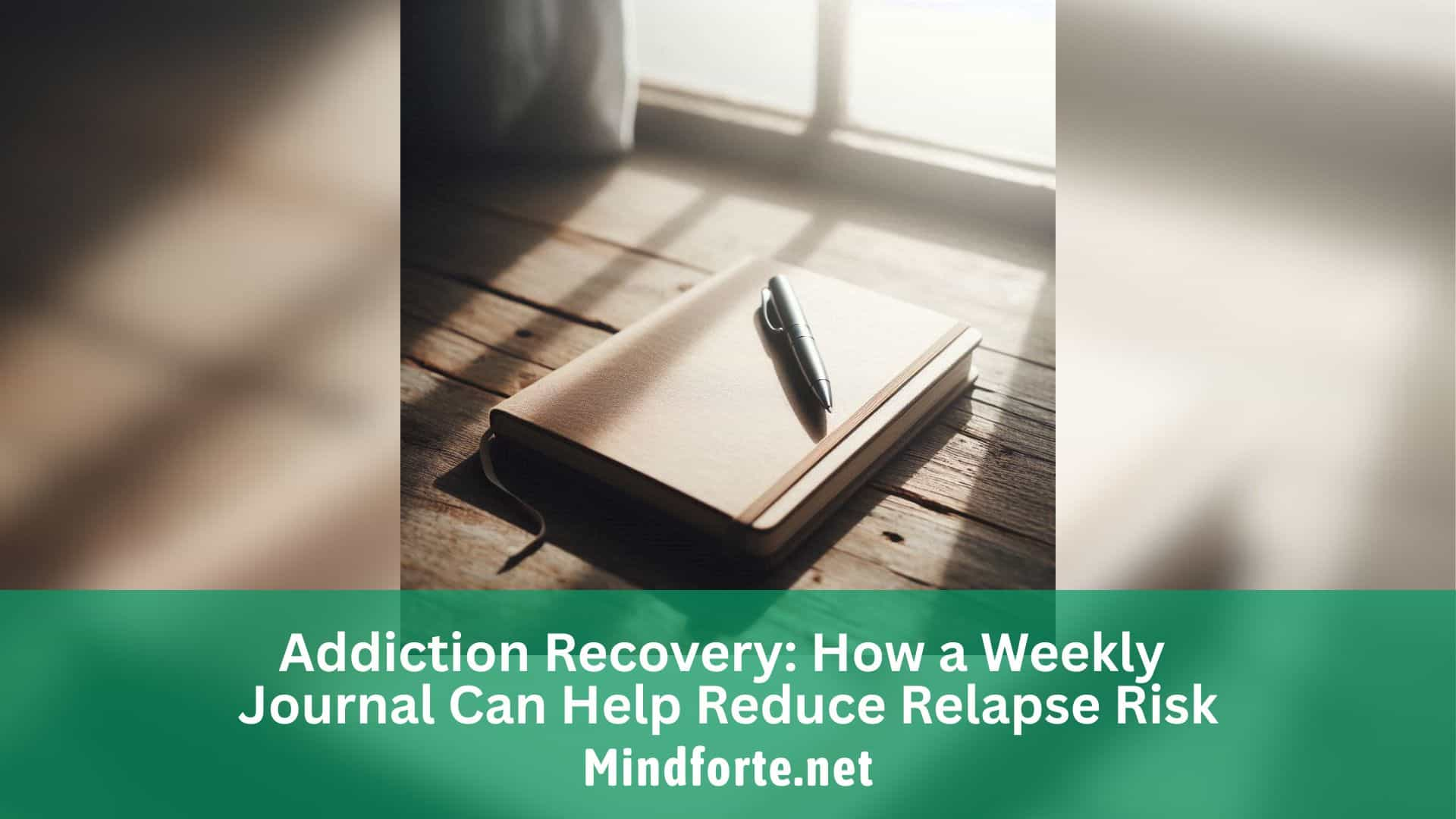It is past midnight in Abuja. The streets are quiet, but inside a small apartment, a young professional stares at her phone, thumb scrolling endlessly.
She tells herself she will stop after just one more video, but an hour passes, then two. Sleep is gone, tomorrow’s work will suffer, yet she cannot put the phone down.
Across town, a man in his late 40s pours himself another glass of alcohol. He knows he has had enough for the night, but the thought of stopping leaves him restless.
He drinks to relax, but it now takes more to feel the same calm.
At first glance, these stories seem worlds apart.
One is socially acceptable, even ordinary. The other is burdened with stigma. But in reality, both reveal the same struggle – the silent pull of addiction.

Addiction Is Changing Shape
When people hear the word addiction, most think of substances like alcohol, cannabis, cocaine, or opioids.
These are visible, easier to identify, and heavily stigmatized in society.
But in recent years, another form of addiction has quietly taken root – digital addiction.
It shows up as endless social media scrolling, compulsive gaming, online gambling, or hours lost in pornography.
These behaviors are normalized, yet they carry similar emotional and psychological costs.
In Nigeria, smartphone penetration and cheap data bundles have accelerated this trend.
Young people, especially, are spending unprecedented amounts of time online.
For many, the digital world offers escape, entertainment, or even connection.
But when use becomes compulsive, it can erode relationships, productivity, and mental health.
Substance-based addictions continue to devastate families, but digital addictions are growing quickly in silence. The shape of addiction is changing, and we need to recognize it.

The Hidden Damage Both Can Cause
Substance addictions bring obvious harm – liver disease, financial ruin, legal trouble, broken families.
Because the consequences are visible, society treats them as serious problems.
Digital addictions are easier to hide.
No one smells alcohol on your breath when you have been online all night. But the harm is still there.
Sleep deprivation, reduced concentration, increased anxiety, and loneliness are common outcomes.
For students, grades can slip. For workers, careers can stagnate. For parents, children may grow up without emotional presence.
The stigma attached to substance users can be crushing. They are often dismissed as weak or irresponsible.
Digital addicts, on the other hand, are seen as simply lazy or lacking discipline.
Both opinions above about substance users and digital addicts are misconceptions. Both prevent people from seeking help early.
In Nigeria, cultural myths also play a role.
People may say “alcohol helps you sleep” or “young people are just enjoying social media.”
These beliefs normalize unhealthy behaviors and delay intervention.
When the damage becomes too great, many wonder if they need therapy.
By then, relationships may already be strained and health already impacted.
The delay makes recovery harder.
What Is Really Happening Beneath the Surface
Addiction, whether digital or substance-based, has nothing to do with weakness. Rather, it is the situation of the brain that has been hijacked by reward pathways.
Dopamine, the brain’s reward chemical, plays a central role.
Substances like alcohol or cannabis flood the brain with dopamine. So do digital activities such as gaming, pornography, or social media likes.
The brain begins to crave the rush.
Over time, it needs more to feel the same effect.
This creates a cycle of compulsion and craving.
Withdrawal symptoms can appear in both cases.
The alcohol user may shake or feel nauseous when trying to quit.
The digital user may feel restless, anxious, or irritable when cut off from their phone.
Different triggers, but similar patterns.
The core feature of addiction is not the type of substance or behavior, but the persistent inability to stop despite negative outcomes.
Digital addictions are harder to detect because they are socially accepted.
Parents worry about their children drinking, but overlook the dangers of endless screen time.
A husband may criticize his wife’s drinking, while spending hours glued to his own phone.
The new face of addiction is both hidden and visible, digital and substance-based. Both must be treated seriously.
Awareness and Early Help
The first step is recognizing when coping has become harmful.
Signs you need therapy for addictive patterns:
- You have tried to cut down but cannot.
- The behavior interferes with work, studies, or relationships.
- You feel anxious, restless, or low when you cannot access it.
- Family and friends express concern.
- You spend more time than intended, and regret it afterward.
Once these signs appear, it may be time to seek professional psychological help.
Benefits of talking to a therapist:
- A therapist provides a safe, non-judgmental space to explore what drives the behavior.
- Cognitive Behavioral Therapy (CBT) helps reframe thoughts, manage cravings, and build healthier habits.
- Therapy offers strategies for managing stress without relying on substances or screens.
- Therapists also work with families to repair broken trust and restore communication.
In Nigeria, access to therapy is growing.
Options now include both in-person and online therapy in Nigeria and beyond, making help more accessible.
Clinics like Mindforte Psychology Clinic in Abuja are providing much-needed support for individuals and families worldwide.
What Recovery Can Look Like
Recovery does not imply that life becomes easy. It means that life becomes manageable, and peace begins to return.
One young man who struggled with cannabis addiction found new balance after therapy helped him replace his evening smoking with structured routines. Journaling and exercise became his outlets.
A university student, overwhelmed by anxiety and late-night phone use, learned mindfulness strategies that helped her put her phone down earlier. Her sleep improved, and her panic symptoms reduced.
For both, the change was not instant. But with consistent psychological support, relapse risk reduced, and hope was restored.
The truth is simple: addiction is treatable. Both digital and substance-based patterns can be overcome with awareness, early help, and consistent support.
Final Reflection
Addiction is not what it used to be. It is no longer limited to bottles and powders. It now hides in apps, screens, and endless digital feeds.
Yet in every form, it steals time, peace, and presence.
The good news is that recovery is possible. Therapy, support systems, and healthier habits can break the cycle.
You do not need to wait until everything collapses.
So I leave you with this question:
When you reflect on your own habits – whether digital or substance-related – what are they quietly taking away from your life, and what could you gain by seeking help now?
Book a Session
If you or someone you love is noticing patterns that feel difficult to break, therapy can help.
At Mindforte Psychology Clinic in Abuja, we provide safe, confidential, and compassionate support for both digital and substance addictions – both online and offline – and we serve you anywhere in the world.
Your first step can be a simple conversation. Book an appointment here: www.mindforte.net/booking/


